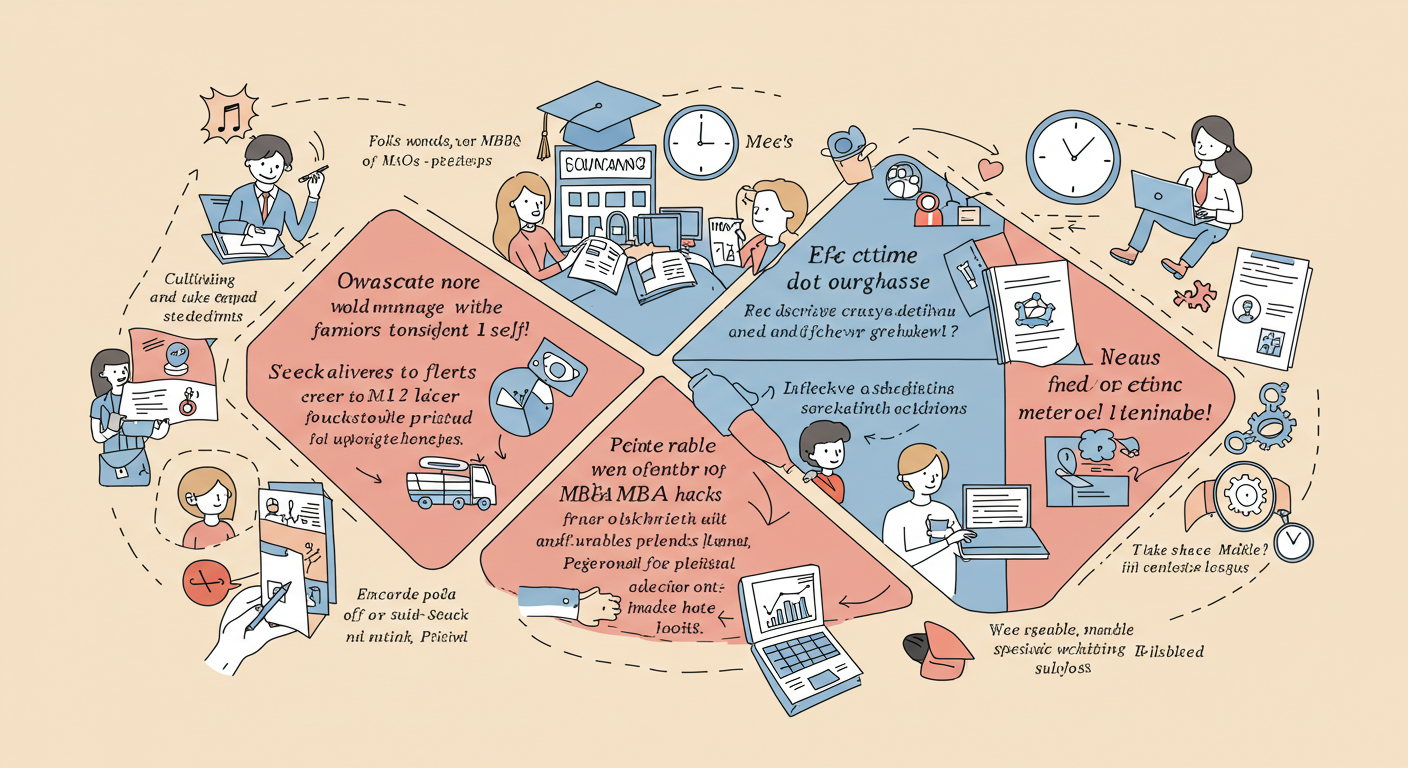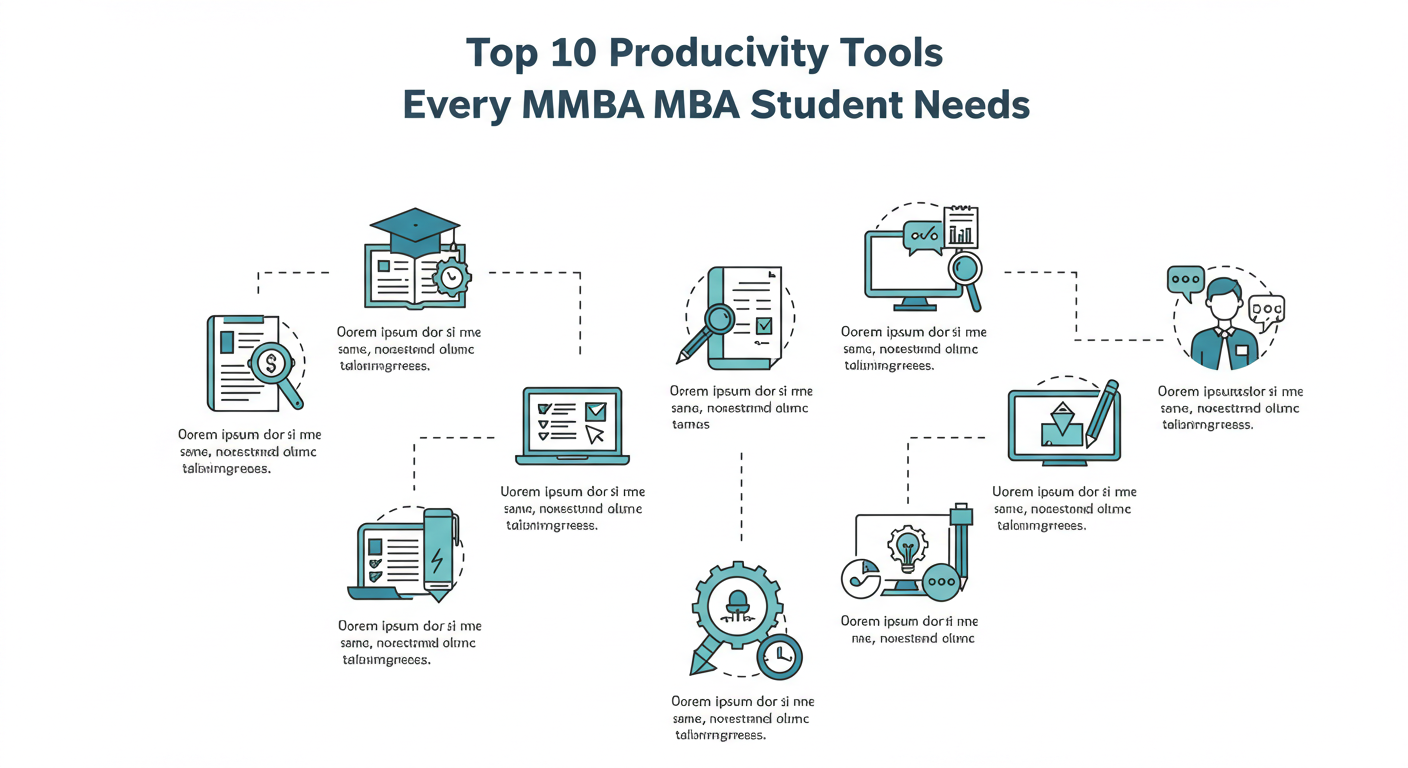How to Create a Study Schedule That Actually Works
If you ever feel like you’re always behind on your studies or rushing to meet deadlines, you’re not alone. The good news? A study schedule can fix that. With a clear and smart plan, you can study more in less time—and with less stress.
In this guide, you’ll learn how to create a study schedule that actually works, even if you’re busy or easily distracted. Whether you’re an MBA student, high school student, or just someone trying to learn something new, these tips will help you stay on track.

📅 Why a Study Schedule Matters
A solid study schedule is like a roadmap. It helps you:
-
Know what to study and when
-
Avoid last-minute cramming
-
Stay calm before exams
-
Balance school, work, and life
-
Reach your goals faster
With a good plan, you’ll feel more in control and less overwhelmed.
🧠 Step-by-Step: Build a Study Schedule That Works
Let’s break it down into simple steps. You don’t need any fancy apps—just a calendar (paper or digital), some motivation, and this guide.
1. Know Your Goals
Start by asking yourself:
What do I want to achieve this week, month, or semester?
Write down:
-
Your exam dates
-
Assignment deadlines
-
Projects or papers
-
Any personal or work commitments
2. Find Out When You Study Best
Some people focus better in the morning. Others do better at night. Track your energy levels and attention during the day.
👉 Ask yourself:
-
When do I feel the most alert?
-
When am I most likely to get distracted?
Pick your best time and protect it. Make it your “golden hour” for study.
3. Use the Time Block Method
This is the secret to smart scheduling. Instead of saying “I’ll study today,” be specific.
Break your day into blocks like this:
-
8:00–9:00 AM: Read marketing chapter
-
10:00–10:30 AM: Review class notes
-
3:00–4:00 PM: Practice case study
Time blocks help you stay focused and avoid multitasking.
High CPC Keyword: time blocking for students
4. Follow the 50/10 Rule
Don’t study for 3 hours straight—it doesn’t work. Your brain needs breaks.
Try this:
-
Study for 50 minutes
-
Take a 10-minute break
-
Repeat 2–3 times
During your break, move your body, drink water, or just relax. You’ll come back refreshed.
5. Be Realistic
Don’t overfill your schedule. It’s okay to have short sessions. If you plan too much, you’ll burn out or feel guilty.
Tips:
-
Start with 2–3 hours per day
-
Include time for food, sleep, fun
-
Keep some time open for surprises
A schedule you can follow is better than a perfect one you won’t.
6. Use Tools That Help You Stay on Track
Apps make studying easier. Here are a few good ones:
-
Google Calendar: Simple scheduling
-
Notion or Trello: To organize tasks
-
Forest App: Helps you stay focused
-
Todoist: A to-do list that syncs everywhere
Use alerts or reminders to keep yourself on track.
7. Track Your Progress
At the end of the day, ask:
-
What did I finish today?
-
What do I need to move to tomorrow?
-
What worked well?
Use a simple journal or checklist. Small wins add up!
8. Adjust as Needed
No schedule is perfect. Life changes. Maybe you get sick or work gets busy.
That’s okay.
Once a week, review your schedule. Update it. Improve it. Make it your own.
✅ Sample Study Schedule (For a Busy MBA Student)
Here’s an example weekly plan:
| Day | Time | Task |
|---|---|---|
| Monday | 7–8 AM | Review finance lecture notes |
| 8–8:30 PM | Work on case study | |
| Tuesday | 6–7 PM | Read marketing book chapter |
| Wednesday | 8–9 PM | Zoom group meeting |
| Thursday | 7–8 AM | Practice presentation slides |
| Friday | 5–6 PM | Weekly review and notes cleanup |
| Saturday | 10–11:30 AM | Online course on data analysis |
| Sunday | Free time | Rest and relax |
💡 Bonus Tips to Stick to Your Schedule
-
Start small. Don’t try to change everything at once.
-
Tell someone. Share your plan with a friend or classmate.
-
Reward yourself. After studying, treat yourself!
-
Use a template. Print a weekly planner and fill it out each Sunday.
🎯 Final Thoughts
Being smart is more important than being strict when creating a study schedule. You don’t need to study more; you need to study better. You can get better results with less stress if you plan your time, use tools, and stay consistent. Start now. Make a straightforward plan for tomorrow. Keep to it. Examine it. Enhance it. You’ll be studying like a pro in no time.




